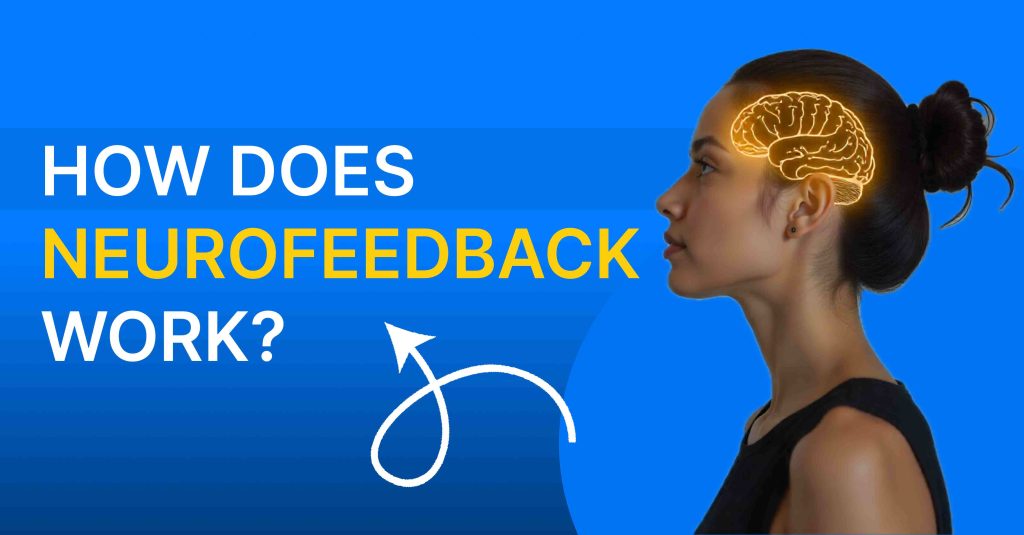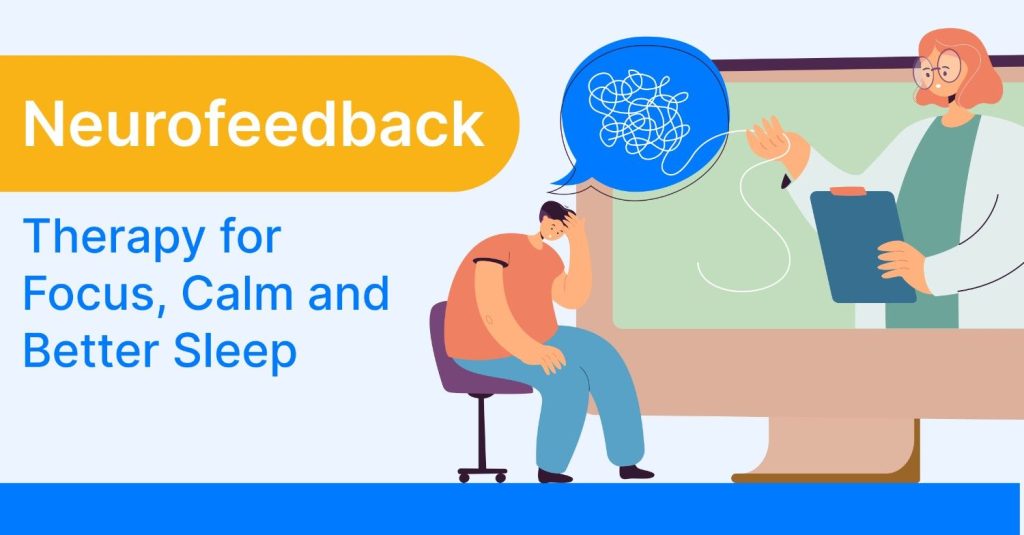We have repeatedly covered signs of mental illness. But how do you tell if your mental health condition is fine? Here are traits that you need to know.
There are various mental illnesses like anxiety, depression, stress, bipolar disorder, etc., that have their own specific symptoms. With the help of these, you can tell if you or a loved one are suffering from a mental health condition and may need help. But how do you tell if your mental well-being is in check? What are the signs of someone’s emotional health being good and on the right track? Today, we look at the traits to determine the same.
You have a high self-esteem
There is a major difference between high self-esteem and a flawed sense of self-esteem which takes the form of overconfidence. When you have high self-esteem, you are able to make logical decisions and look out for yourself. For example, if you are in a toxic relationship where your partner doesn’t respect you, you are able to walk out.
You realize that your self-respect and esteem is higher than any external validation, especially from toxic people. You value your emotional health to the point where letting go of things or people that hurt you, seems easy to do.
You can handle criticism and feedback
There are some people who are oversensitive and may react negatively to feedback and criticism. This behavior usually is an outcome of an underlying mental health issue such as trauma and depression. However, if you are able to handle the same in a healthy manner, you are on the right track. You then are someone, who takes feedback and actively works on himself/herself to improve.
You are self-sufficient
Self-sufficiency is one of the strongest traits of a person who is doing well mentally. You have a high sense of self and are comfortable in your own company. You don’t need to rely on others, nor manipulate or control them to be with you or have your way. You don’t fear being alone nor do you actively push people away. You can handle your own problems and when needed, ask for help without feeling you are burdening others.
You are open about your thoughts and opinions
Don’t mistake this for being an introvert. There are enough people who take time to open up and are not vocal about how they feel initially. However, this trait is different from someone who refuses to open up as they fear being judged, or don’t have a sense of hope.
This behavior could be an outcome of an underlying mental health condition. If you are someone who is generally expressive about his/her thoughts/feelings/feedback- irrespective of how often you do this or how much time you take- you’re doing good.
You are able to draw personal boundaries
You are able to say no when you deem it right in order to take care of your emotional health. And by doing this, you are not overcome by guilt and overthinking. People who battle self-esteem issues get stuck in the rut of people-pleasing.
They are unable to say no as they’d rather fulfill others’ wishes, in order to be validated for their actions. Such people then end up losing their sense of worth and burn out by trying to please everyone. You are aware that there will always be people who like as well as dislike you. Hence, you know very well that you can’t please everyone.
You live in the present
You are a person who is neither stuck in the events from your past and nor are busy daydreaming about the future. You are focused on today and take each day as it comes. You are able to make rational decisions based on the current events of your life.
You are completely in touch with your emotions
You are able to recognize your emotional health and are not blind to them nor are you in denial. If you are feeling anxious, worried, plagued with fears, experiencing anger/ severe mood swings/ stress, negative emotions, low self-confidence, job stress, etc., you are able to express the same with your friends, family and seek help.
You are able to adapt to changing situations
You don’t fear change. You are able to adapt to situations and go with the flow. A lot of people-especially those battling a mental health condition like anxiety- can have trouble adjusting. Some with attachment issues have a hard time letting go.
You are empathetic and compassionate
You are able to feel others’ pain because you are in touch with your own emotional health. As a result, you are empathetic and compassionate. You are willing to help out those who need your comfort and support.
You are proactive and take responsibility for your life
If there’s a problem you are faced with, you take charge to fix it with confidence. On the other hand, there are people who get extremely overwhelmed with challenges and don’t know how to come up with solutions. Their anxiety and worry tend to get the better of them.
You focus on building relationships with those who matter
You realize that you don’t owe anything to anyone and neither they do to you. You are able to tell the difference between those who genuinely care for you versus those who are toxic and taking a toll on your mental health. As a result, you are able to cut such people out of your life and establish healthy relationships with those who matter.
If you feel your mental health is not on the right track and need help overcoming your mental illness, brain training technology Neurofeedback is the mental health treatment you’ve been looking for.
Click here to know more about it and how it works.





